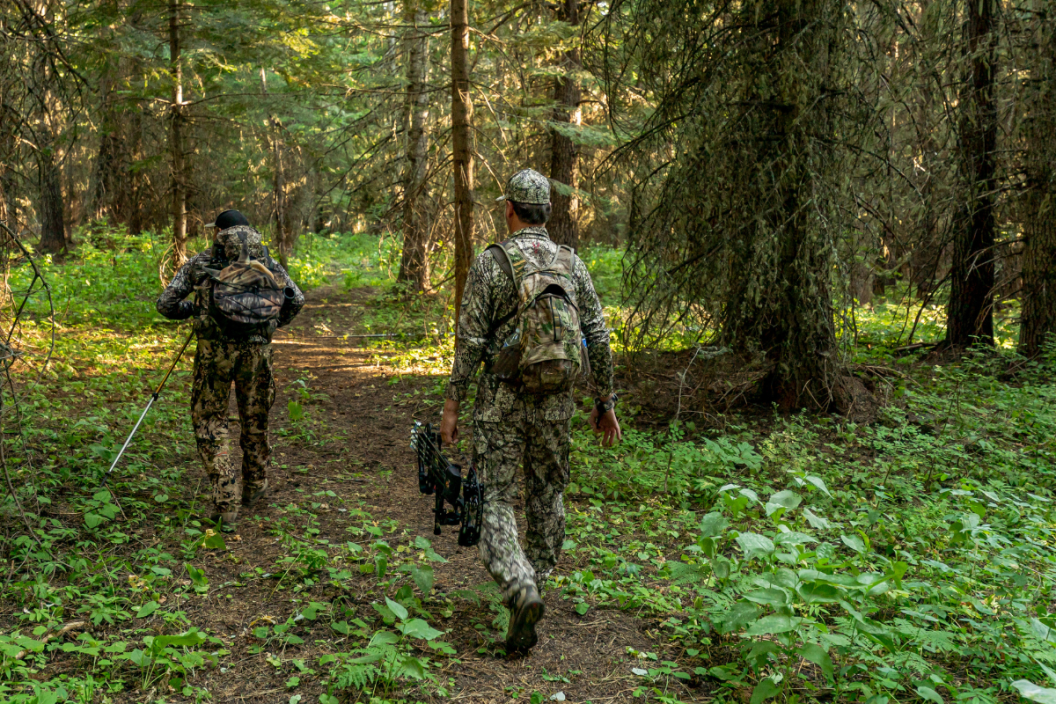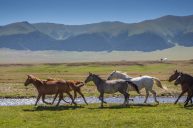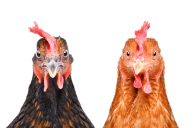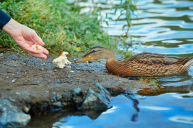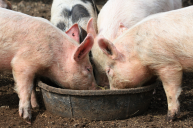Two horses live next to our property. Patch and Butters live on pasture and are very happy horses. I didn't realize that horses typically spend the entire day eating, drinking and taking an occasional nap.
When I first spent days visiting the local feed store for our chickens I had to ask about the difference between hay and straw. Should my chickens be spending their days sitting on straw during colder months? Or is hay they need? I was super confused. For anyone curious about what horses eat it's actually really simple.
Pasture grass
https://www.instagram.com/p/Br6BLhrFoMh/
Where I live all the horses are on pasture grass throughout the year. It's their natural food and great for their digestive system but you need to make sure everything growing (e.g. tansy weeds are toxic) is fine for your horses to eat. Also, many horse folks will watch for laminitis in the spring which is caused by too much lush grass.
Spruce Pets tells us that good pasture contains most of the nutrition a horse requires to be healthy.
"It also contains silica, which is important for dental health. Primitive horses can live on sparse rations and often have to make do with less than ideal pasture and living conditions."
Hay
https://www.instagram.com/p/B4d2UsRpnLy/
Hay is sold in bales with each bale being made up of between 10 to 14 flakes (slices of the bale). Hay is also sold in cube or pellet form. There are several different types of hay including alfalfa, timothy, oat, bermuda, and orchard.
Experts from SPANA share that hay keeps your horse full and its digestive system working, particularly in the cooler months from autumn to early spring when pasture isn't available. Hay is often used during winter when pasture grass isn't available. Many of the horses will have bales given to them that are put out wherever they roam during the day. So it's not odd to see bales spread throughout a pasture.
Treats and water
Treats can be given like fruit or vegetables as these add moisture to the feed. However, make sure you're the one giving out the treats as watermelon is a wonderful snack but too much fruit will lead to too much sugar!
Freshwater is important for all animals but in the winter you need to make sure it's not frozen!
Concentrates (grain)
Concentrates are grains like oats, barley, and corn. These give your horse energy. Be aware that these can be dangerous if you mix the wrong amounts or combinations, causing mineral imbalances. Talk to your vet about which concentrates are important to supplement.
These are often pre-packaged and designed for very specific needs.
Salt and minerals
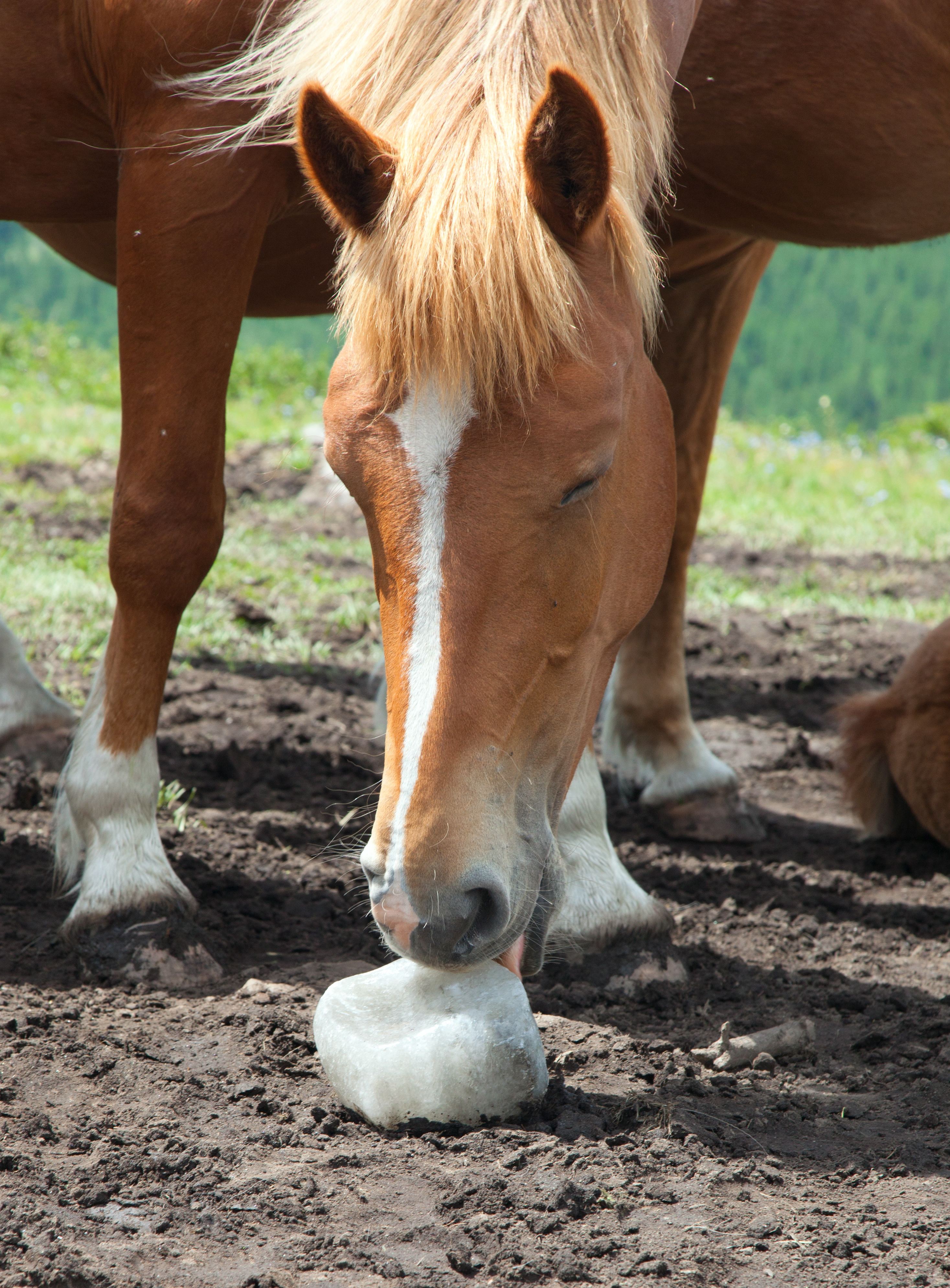
Salt is good to offer your horse a salt lick block or loose salt in a separate container in a pasture. This is often a supplement given during the summer months.
Just like with any animal it's important to have high-quality food and in this case high-quality hay. Horse health is tricky and there are many diseases you need to become familiar with as you join the horse world. An equine diet isn't just horse treats like sugar cubes! If your horse isn't on pasture grass and in a barn you'll need to check with others in the barn about their horse's diet and where they source their hay from.
You also don't want your horse to get fat! Horse owners are very careful to monitor their horse's body weight. Horses do graze all day if they're able to but it depends on your situation and housing. Are you planning to let your horses graze so their diet is 'free choice' or will you need large amounts of hay and fresh water?
Horse care is complicated and so is their digestive tract. Ask a lot of questions when you meet with your equine vet the first time. Consulting with an equine nutritionist can help clear the air on what good quality supplements your horse or foal may need. Have them walk you through a horse diet that works for you and is within your budget. Try and avoid any health problems that are related to diet. Ask about colic!
Make sure you don't have any moldy hay as that can happen quickly in places where it rains a lot so you need a good dry place to store everything. There are many web sites that can help you too! Good luck!
Are there any dietary requirements we're missing? Share your thoughts below.
WATCH NOW: 10 Most Popular Horse Breeds in the World
